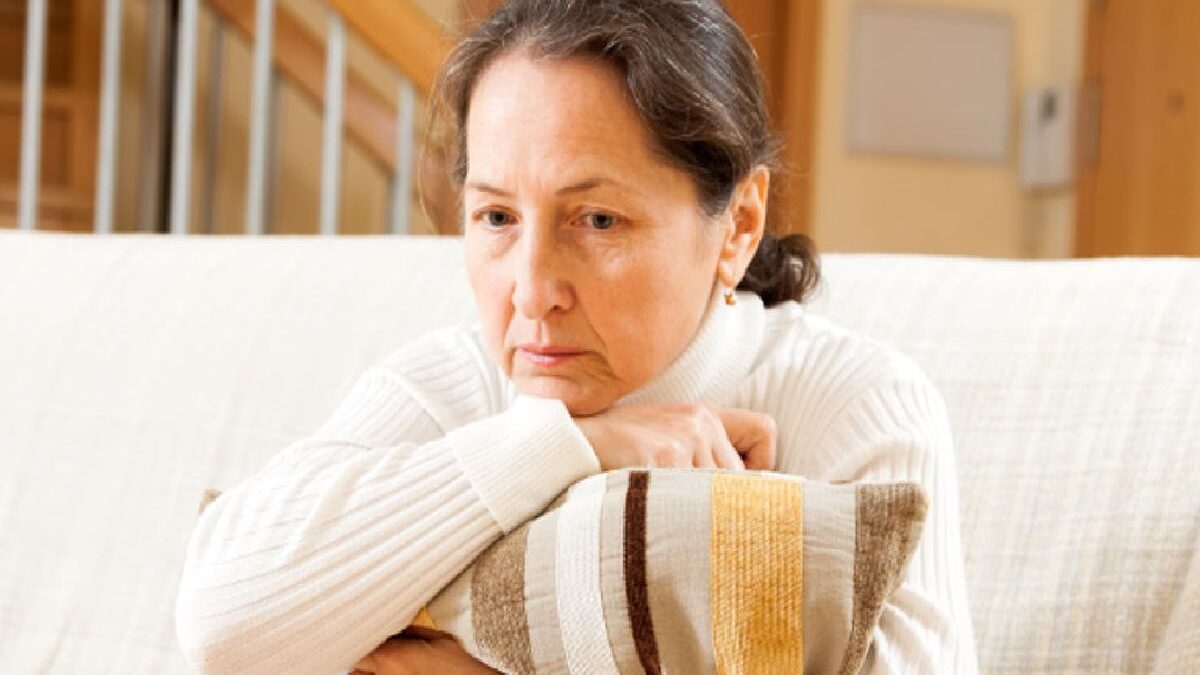
Geriatric Depression has caused havoc in the lives of thousands of elderly people. Many elderly people mistakenly interpret these episodes of hopelessness and sadness as the norm for their golden years. Don’t hesitate to seek help if you are experiencing depression in retirement.
Feeling yourself sinking further into an emotional rut? Do you have trouble separating winter blues from clinical depression? Be familiar with the symptoms of geriatric depressive disorders, such as insomnia, feelings like worthlessness or sadness, or abnormal fatigue. If you are a woman, live alone, and don’t have an adequate support system, you may be more susceptible to depression symptoms.
The average lifestyle for seniors can also exacerbate depression symptoms. Retirement can take away your sense purpose and cut off many social connections. The death of friends and family can cause a senior citizen to be unable to move for several months. Physical health issues that come with aging are also a factor in depression.
The psychological consequences of geriatric depressive disorders can be serious if they are not recognized. Social isolation is a risk factor for dementia and premature death, according to experts.
You can use a few basic techniques to fight geriatric depressive disorders and remain healthy and happy well into your golden years.
Keep in touch with your loved ones via the digital world
Staying connected to loved ones can help you manage depression symptoms, even if they live far away. Your loved ones can be reached by a simple button press on your smartphone or other device. Video chat apps allow you to “see” other people in real time. Social media platforms are another way to connect with people around the globe.
If you are looking for a new phone, then a senior-friendly device, like Lively, is a great choice. These phones were designed with seniors in the mind and are easy to use. It’s easy to use a cell phone for seniors because they have large screens that are easy to read and don’t come with unnecessary bells and whisps.
Speak to someone
Talk therapy can be an effective tool to lift the cloud of depression. Many people begin by visiting a therapist every 10 to 12 week in order to work through their feelings and ask for advice on how they can cope. Ask your doctor or do an Internet search for mental health counseling near you if you’re not sure where to start.
Consult your doctor regarding medication
If you want to take medication to relieve the disruptive depression symptoms, your doctor is a great resource. Antidepressants, by definition, are pharmaceuticals that treat depression. These medications will have different effects on depression sufferers from all backgrounds.
Adopting a “trial-and-error” strategy with antidepressants can help you break free from the grip of depression. Many patients are skeptical about antidepressants’ serotonin boosting properties. However, thousands of people with mental disorders successfully treat their depression using medication.
You may notice that your sleep and appetite improve once you have chosen an antidepressant to relieve this hopeless feeling. Once your system has adjusted, you should notice an improvement in your mood.
Take care of your physical health
Take care of your body to prevent illnesses that can cause depression. Keep processed foods at a minimum and follow a diet that is balanced with whole foods. This includes plenty of fresh fruits, grains, and proteins.
Sleep for seven to nine quality hours each night. Over-the-counter sleep remedies like melatonin may help those who are chronic night owls. Regular exercise can also boost your mood, so be sure to get moving every day.
Discover a new passion
After retirement, many seniors find their lives settle into a routine that is all too predictable. Shake things up to combat stagnation. Find a new hobby or learn a new skill.
Many cities offer classes for seniors, with topics ranging from yoga to painting and tap dancing. Ask a friend of any age to show you something they enjoy doing or use books or videos to learn yourself.
You can liven up your daily routine by finding a new activity. You may even meet new people as a result, and this can be a great way to combat geriatric depressive disorders.
Before you go
Do not ignore the tell-tale signs that geriatric depressive disorders are present. Consult a doctor if you see elderly people who are unable to function due to chronic fatigue, hopelessness and apathy. Bed-ridden, lethargy-filled times will soon be a thing of the past.

